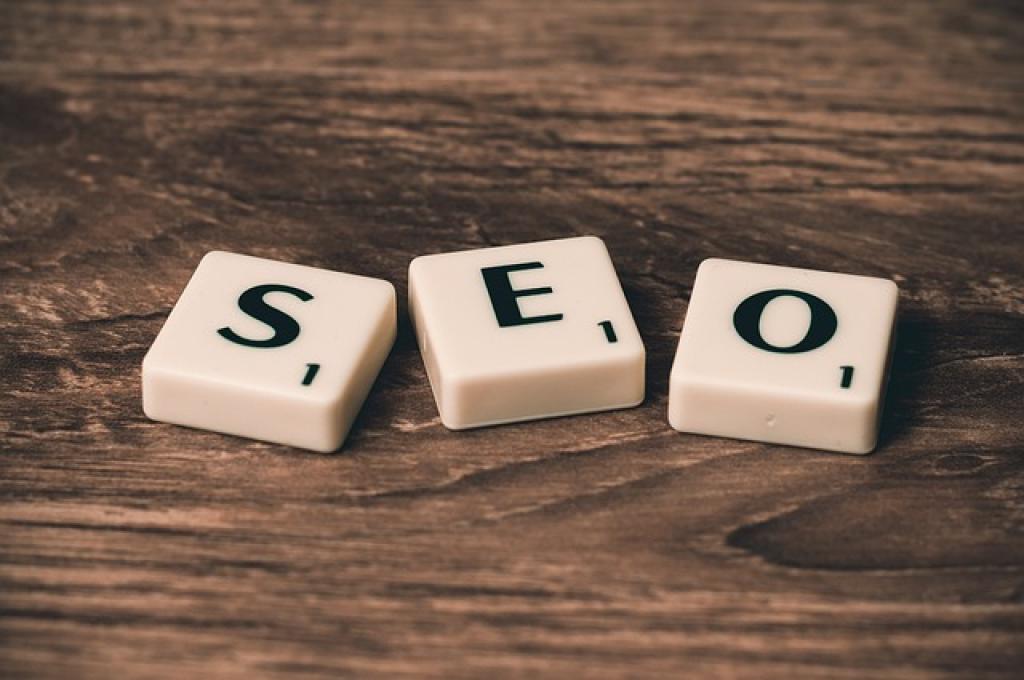Artificial Intelligence (AI) is more than just a buzzword in the world of marketing—it’s a game-changer. By leveraging AI capabilities, businesses can gain valuable insights, automate tasks, and personalize customer experiences like never before. In this blog post, we’ll explore how AI is revolutionizing marketing strategies and paving the way for more effective and efficient campaigns.
Understanding AI in Marketing
AI in marketing involves the use of algorithms and technology to analyze data, predict outcomes, and automate processes. By harnessing the power of AI, marketers can dive deeper into consumer behavior, trends, and preferences, enabling them to tailor their strategies in a more targeted and impactful way.
Personalization at Scale
One of the key benefits of AI in marketing is its ability to deliver personalized experiences at scale. Through machine learning algorithms, businesses can analyze vast amounts of data to understand individual preferences and behavior, allowing them to serve personalized content, recommendations, and offers to customers in real-time.
Predictive Analytics
AI-powered predictive analytics can help marketers forecast future trends, behaviors, and outcomes with greater accuracy. By analyzing historical data and identifying patterns, AI algorithms can provide valuable insights that enable businesses to make more informed decisions and optimize their marketing strategies for maximum impact.
Implementing AI in Marketing Strategies
Integrating AI into marketing strategies can seem daunting, but with the right approach, businesses of all sizes can harness the power of AI to drive growth and engagement. Here are some key areas where AI can make a significant impact:
Content Personalization
AI can analyze customer data to recommend personalized content based on individual preferences and behaviors. By serving relevant content to the right audience at the right time, businesses can improve engagement, conversion rates, and overall customer satisfaction.
Chatbots and Customer Service
AI-powered chatbots are revolutionizing customer service by providing instant support and assistance to customers 24/7. These virtual assistants can handle common inquiries, resolve issues, and even personalize interactions based on previous customer interactions.
Marketing Automation
AI-enabled marketing automation tools can streamline repetitive tasks, such as email marketing campaigns, social media scheduling, and lead management. By automating these processes, marketers can free up time to focus on strategy, creativity, and innovation.

The Future of AI in Marketing
As AI continues to evolve, the possibilities for its application in marketing are limitless. From advanced predictive analytics to hyper-personalized customer experiences, AI is reshaping the way businesses connect with their audiences and drive growth. By staying ahead of the curve and embracing AI technologies, marketers can unlock new opportunities and stay competitive in an ever-changing digital landscape.
Advanced Targeting
AI can help marketers target specific audience segments with precision and efficiency. By analyzing customer data and behavior in real-time, AI algorithms can identify potential leads, tailor messaging, and optimize ad placements to reach the right audience at the right time.
Voice and Visual Search
With the rise of voice assistants and visual search technologies, AI is enabling new ways for consumers to interact with brands and discover products. Marketers can leverage AI to optimize content for voice search queries, create visual search experiences, and enhance overall visibility across different platforms.
The Bottom Line
AI is revolutionizing marketing strategies by enabling businesses to deliver personalized experiences, optimize campaigns, and drive growth like never before. By embracing AI technologies and staying agile in a constantly evolving landscape, marketers can unlock the full potential of AI to connect with their audiences and achieve their business objectives. As we look to the future, the role of AI in marketing will only continue to grow, shaping the way businesses engage with customers and drive results in a digital-first world.




